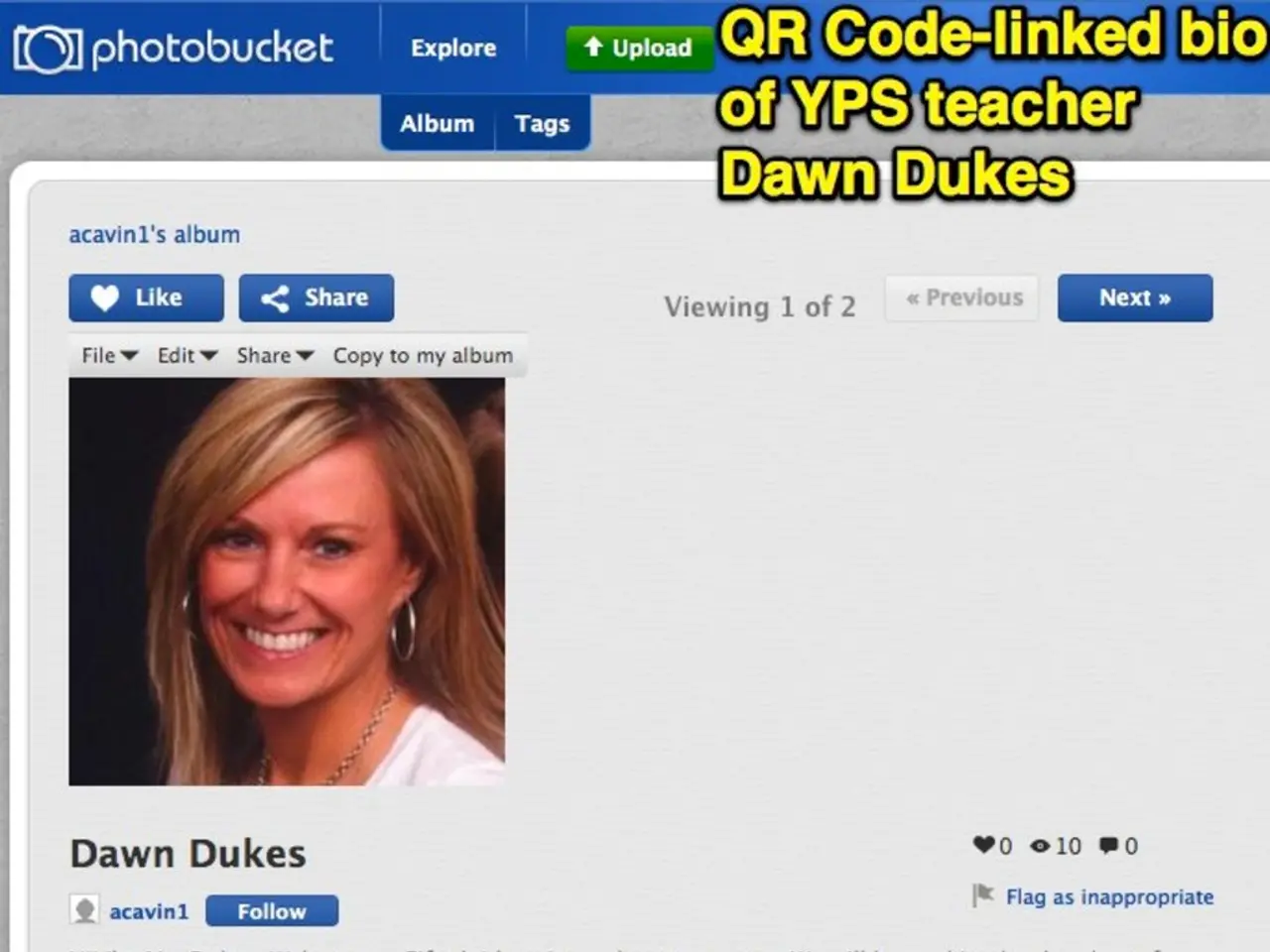volatility-takes-over-stock-exchanges
Top Social Media Platforms 2025: A Straight-Up Breakdown
Hang on, we're gonna dive into the most popular social media platforms of 2025—Facebook, Messenger, the new-and-improved Twitter (X), Pinterest, LinkedIn, and WhatsApp—with a focus on their email functionality and user base. But first, let's make it clear as day: these platforms offer alternative means of communication, but you ain't gonna replace your old email service with 'em.
User Base and Popularity
- Facebook is still the daddy of them all, boasting approximately 3.07 billion monthly active users (MAUs). It's where you go for broad content sharing and community engagement.
- Messenger is closely tied to Facebook's ecosystem and is primarily used for instant messaging. Mounting user counts are not separately reported, so it's all entwined with the Facebook juggernaut.
- WhatsApp has about 2 billion MAUs and is one of the key players in the messaging app market, focusing on private messaging and group chats with robust end-to-end encryption.
- Twitter (X) holds around 586 million MAUs, and it's all about real-time, no-frills text conversations, news, and trends.
- Pinterest has roughly 537 million MAUs, and it's all about visual discovery and idea sharing, centering on lifestyle, fashion, home decor, and more.
- LinkedIn comes in slightly lower in the user count rankings (around 21st globally), but it's a powerhouse for career development, B2B connections, and job searching.
Features and Functions
- Facebook handles a variety of content types, including text posts, photos, videos, live streams, events, groups, and pages. It pairs social networking with messaging (Messenger), marketplace, and news services.
- Messenger specializes in instant messaging (text, voice, video calls), supporting chatbots, payments, and group chats, all integrated with Facebook accounts.
- WhatsApp focuses on private and group messaging with text, voice, video calls, and it's been developing business communication tools as well. No email functionality here, but it's a prime choice for folks that prefer messaging over traditional email.
- Twitter (X) concentrates on short text updates (tweets), threads, trending topics, and multimedia content sharing. It also supports direct messaging, but it doesn't offer standalone email services.
- Pinterest is all about visual content, with users "pinning" images and videos to themed boards. It doesn't offer email or messaging functionalities beyond platform comments and sharing.
- LinkedIn is your go-to for professional content, including resumes, job postings, articles, and networking. It integrates messaging features and supports email notifications, but it doesn't replace traditional email.
Email Functionality Comparison
Although none of these platforms can fully replace your email services, they offer various messaging alternatives or integrations.
- Facebook Messenger, WhatsApp, and Twitter (X) all come with internal messaging systems for user-to-user communication, but they're not designed as email platforms.
- LinkedIn uses email extensively for notifications and communication, but it doesn't offer a standalone email service.
- Pinterest doesn't support email or direct messaging beyond platform comments and sharing.
So, remember: these platforms provide alternative communication channels, but for regular, traditional email, stick with your trusty old providers (like Gmail or Outlook)!
Here's a quick summary for you:
| Platform | Monthly Active Users (MAUs) | Primary Purpose | Messaging Functionality | Email Integration/Functionality ||----------|-----------------------------|----------------------|--------------------------|------------------------------------------|| Facebook | 3.07 billion | Community & Content | Messenger app for chat & calls | Email notifications, but no email service || Messenger| Part of Facebook ecosystem | Messaging | Messaging app for chat & calls | No messaging, no email || WhatsApp| 2 billion | Messaging | Messaging app for chat & calls | No messaging, no email || Twitter | 586 million | Real-time conversation| Messaging app for chat & direct messages | No email service, no messaging || Pinterest| 537 million | Visual discovery & sharing | No messaging, no email | No messaging, no email || LinkedIn | Ranked 21st globally | Professional networking & jobs | Messaging app for work connections & notifications| Email integration for notifications, but no email service |
- Despite their primary functions not being focused on finance, several platforms like Facebook Messenger, WhatsApp, and Twitter (X) can serve as alternative channels for communicating about investing opportunities or stock-market updates.
- However, for more formal or detailed financial discussions, it's best to stick with traditional email services like Gmail or Outlook, which offer better organization and confidentiality.






